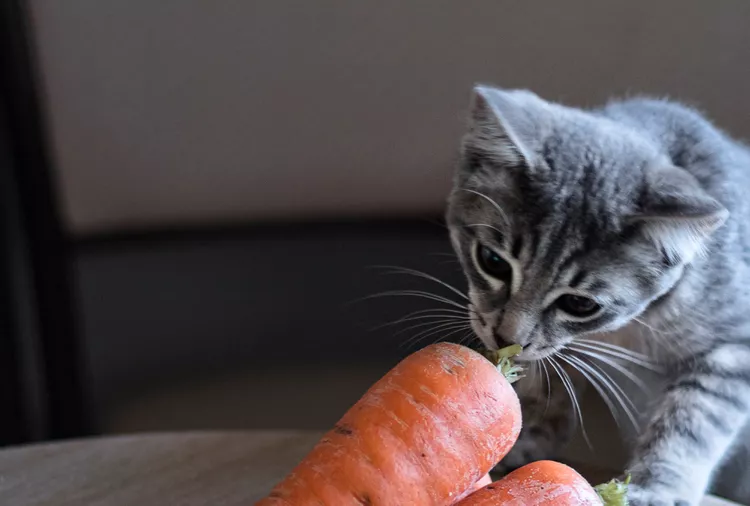
Pet parents looking to give their cats the occasional veggie treat may wonder if cats can eat carrots. While carrots are a safe option for your feline family member, you’ll want to know the potential risks and benefits before giving this vegetable to your cat.
Learn more about how to safely share carrots with your cat.
Yes, cats can eat carrots. Carrots are a safe vegetable for cats to snack on and are not considered toxic to cats, but they should only be given as occasional treats.
Cats are obligate carnivores, which means they require animal products in their diet to meet their nutritional needs. Additionally, if your cat is eating a diet approved by the Association of American Feed Control Officials (AAFCO) for their life stage, all their nutritional needs are being met by their normal cat food. Your cat’s balanced diet should make up at least 90% of their daily calories. Any treats, including carrots, should not comprise more than 10% of your cat’s daily caloric intake.
Carrots are a good source of fiber, which can help with your cat’s digestion. Fiber improves stool quality in cats.
Cats are also a great source of the following vitamins and minerals:
Carrots also contain the antioxidant beta carotene, which can be helpful with cognitive function, as well as skin and eye health.
If you’ll be feeding carrots to your cat, make sure you’re cooking and slicing them correctly to make them more digestible and to reduce the risk of choking.
Here's how to properly prepare carrots for your cat:
Feeding too many carrots can impact the balance of your cat’s diet, so they should only be given as an occasional treat.
Other risks include:
If your cat already has any chronic health conditions, such as diabetes, you should speak with your veterinarian before adding a new food to your cat’s diet.
Not all cats will like carrots, and that’s okay. If your cat turns up their nose at carrots, and you still want to find a vegetable snack for them to enjoy, consider one of these alternatives:

Cute Pictures & Facts About Calico Cats & Kittens
Learn fascinating facts about calico cats, including photos, the genetics behind this color combination, and common folklore and traditions.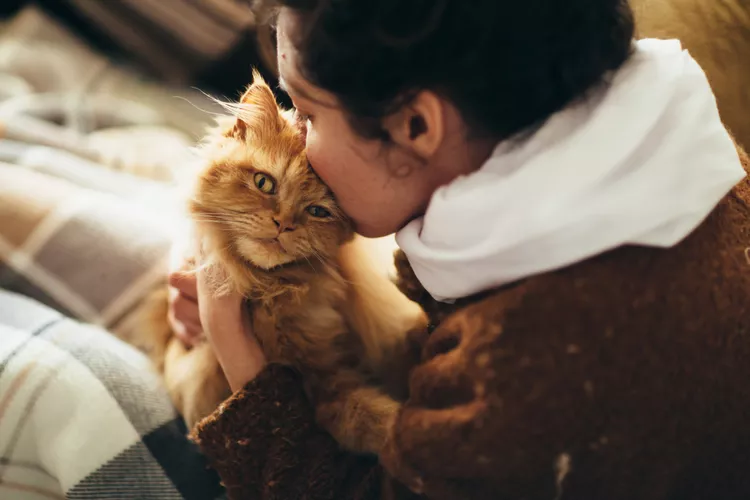
How to Prevent Cat Separation Anxiety During Vacations
Discover why cats develop litter box problems and cat behavior problems when you go on vacation and what you can do about it to help them.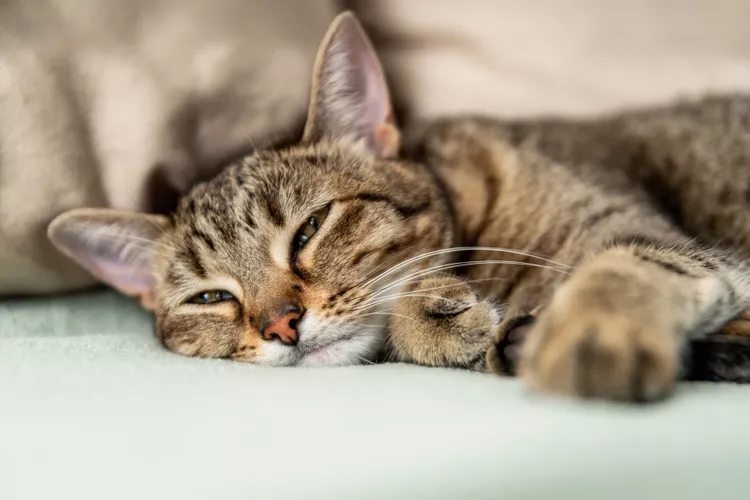
Cat Behavior Changes That Might Mean Something's Wrong
Cats' behavioral changes may indicate problems—or they may mean nothing at all. Explore causes of odd behavior and what to do about them.
Lhasa Apso: Dog Breed Characteristics & Care
The Lhasa apso is an ancient breed from Tibet that was bred to be a watchdog. Learn about its history, health, exercise needs, and more.
Reasons Why Dogs Run Away and How to Stop It
Dogs can escape, especially if they’re bored and not properly contained. Here are some techniques for stopping your dog from running away.
Can Dogs Get Depression? How to Help Your Sad Dog
Can dogs get depression? Learn about the signs of depression in dogs and find out how to help your sad dog.
How to Stop Aggression in Dogs
Dog aggression can be a serious behavior issue for pet owners. Learn how to stop aggression in dogs before someone gets hurt.
How to Stop Your Dog From Growling
A growling dog can soon become even more aggressive. Reduce the noise and potential for a dangerous situation with some of these techniques.
Why Do Dogs Dig Holes? How to Stop Your Dog from Relandscaping Your Yard
Dogs have been digging holes for centuries and for many reasons. Whether they’re bored or want to cool off in the dirt, here are the top reasons why dogs dig holes.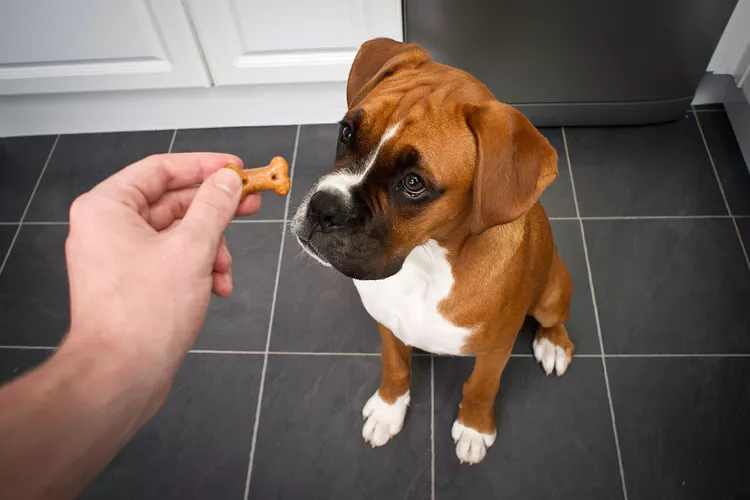
Dog Treat Varieties
Learn about the different types of dog treats on the market and decide which are best for your dog.
Can Dogs Eat Asparagus?
Dogs can eat asparagus, provided the vegetable is cooked plain and cut up for them. Seasonings, salt, and butter make it unhealthy for dogs.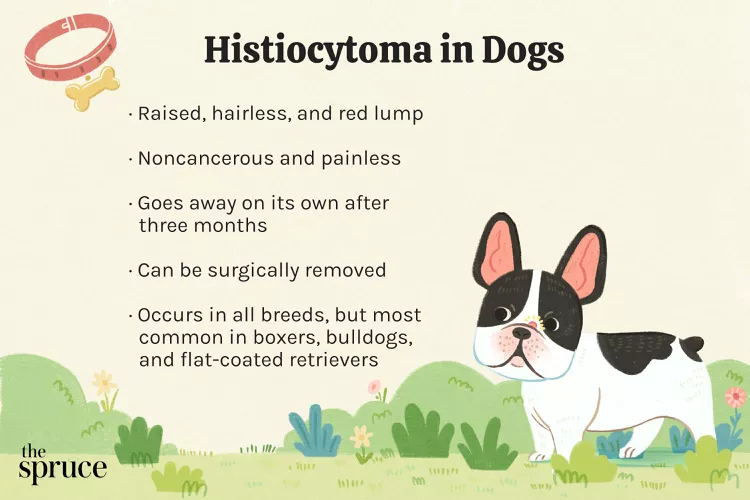
Histiocytomas in Dogs
A histiocytoma is a type of benign (non-cancerous) skin lump that usually affects young dogs. Learn the causes, treatment, and prevention.
Why Is My Dog’s Eye Swollen?
If your dog's eye is swollen, she may need veterinary attention. The inflammation could be caused by allergies, an injury, or even a tumor.
Common Bugs and Parasites Found on and Inside Dogs
Learn about common types of parasites in dogs. Find out how to treat and prevent parasites to keep your dog, your family, and yourself safe.
Exploring the Different Types of Pet-Friendly Beaches
Are you looking for pet-friendly beaches? Learn about the different types of pet-friendly beaches, their locations, and tips for visiting them with your pet.
10 Obscure, Little-known Canine Facts in Honor of National Dog Day
With National Dog Day upon us, it's time to celebrate everything about our favorite pets—even the weirder stuff. Here are 10 obscure facts about dogs you probably didn't know.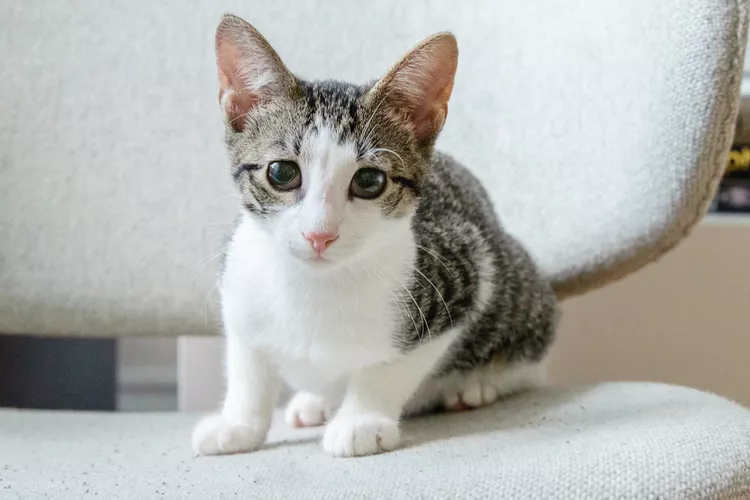
Kitten Development From 3 to 6 Months Old
Kittens grow and change a lot during their first year. Find out what happens between the ages of three months and six months old.
95 Siamese Cat Names
Our list of Siamese cat names has diverse and fun options to help you choose the ideal moniker for your elegant and lovable feline companion.
What to Buy for Your New Cat: A List of Essentials
Before you bring your new cat or kitten home, there are a number of things to collect or buy so your cat will feel welcomed like a family member.
The 6 Best Cat Nail Clippers of 2024 for a Safe Trim
Clipping your cat's nails can save your furniture and keep your kitty comfortable. We asked veterinarians for their cat nail clipper recommendations.